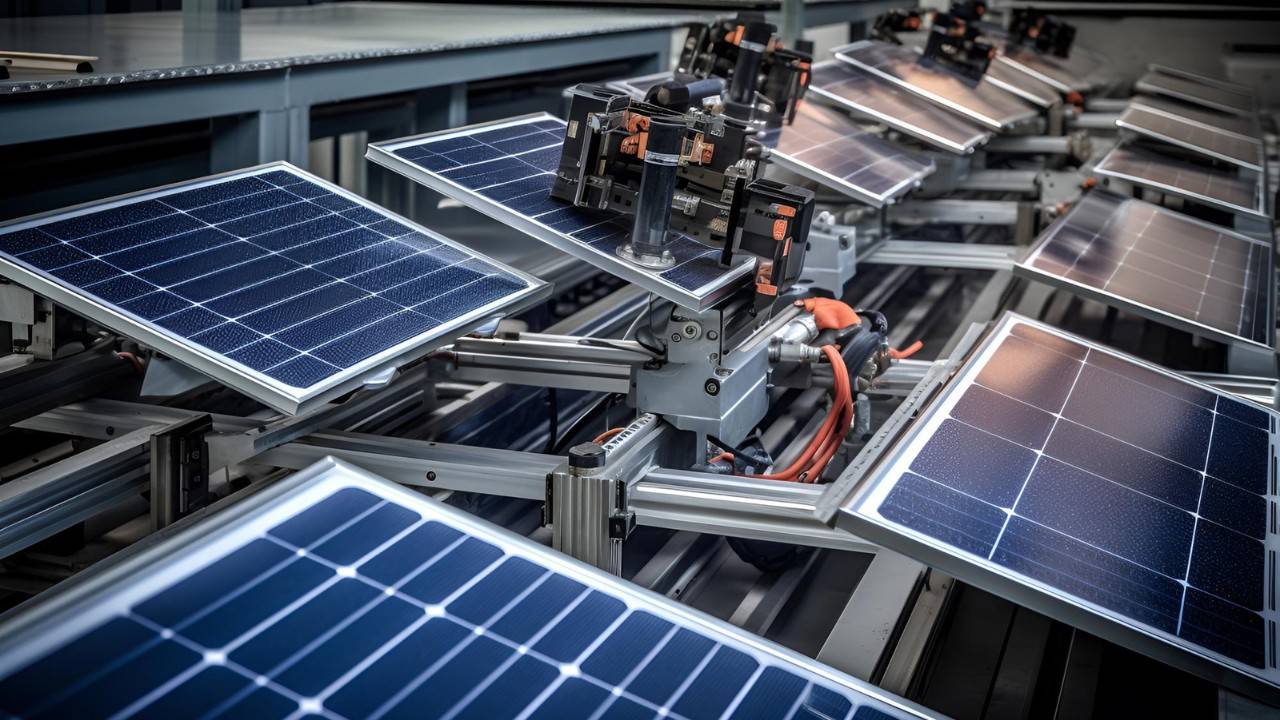In a significant development, two German states have called upon the European Union and the German federal government to shield the domestic solar industry from the influx of cheaper, imported solar panels. They are advocating for a prohibition on the import of solar modules that fail to comply with the EU’s stringent climate and labor norms.
According to Reuters, European-made photovoltaic panels currently constitute only a minor segment of Germany’s market. The local manufacturers have been vocal about their concerns regarding the surge of lower-priced Chinese panels in the market, which are being sold at rates substantially below the production costs.
To address this, the governments of Saxony and Saxony-Anhalt have unveiled a comprehensive 10-point plan with the objective to “save the solar industry” in Germany. This plan emphasizes the need for public tenders and feed-in tariffs to consider the concealed costs related to the recyclability, carbon footprint, and manufacturing conditions of the imported panels.
A document from the economy ministry revealed that the government is exploring various strategies, including subsidies and trade instruments, to protect German manufacturers from the global decline in prices. The ministry highlighted that the Chinese panels were originally intended for the U.S. market but are now being redirected to Europe, imposing “enormous price pressures” on European manufacturers.
The ministry also pointed out the possibility of leveraging trade instruments to counteract unfair competition. This comes in the wake of over 1,000 shipments of solar energy components being held at U.S. ports last year due to a law prohibiting imports from China’s Xinjiang region amid concerns over the use of forced labor.
Marius Mordal Bakke, an analyst at Rystad Energy, noted, “We have way more modules than we can actually install in a lot of these regions,” highlighting the oversupply of solar panels stocked in European warehouses.
The debate over trade barriers has divided Germany’s solar firms, with some opposing trade restrictions and others advocating for protective measures. Gunter Erfurt, CEO of Meyer Burger, expressed support for a European ban on systems associated with forced labor, emphasizing, “It is very, very good that there is no blood on the modules.”
This move by the German states underscores the growing concerns over environmental and labor standards in the solar industry and reflects a broader push for sustainability and ethical manufacturing practices within the European Union.
More inspiring green news similar to this:

